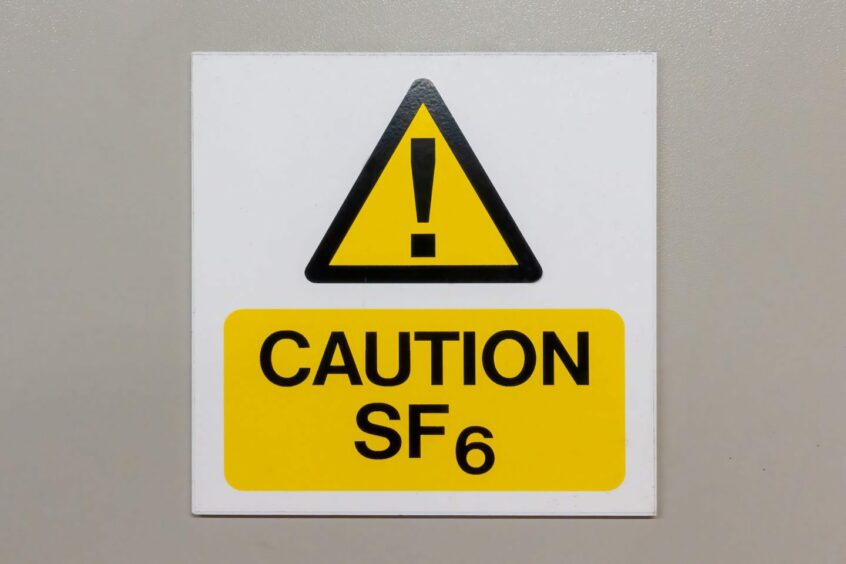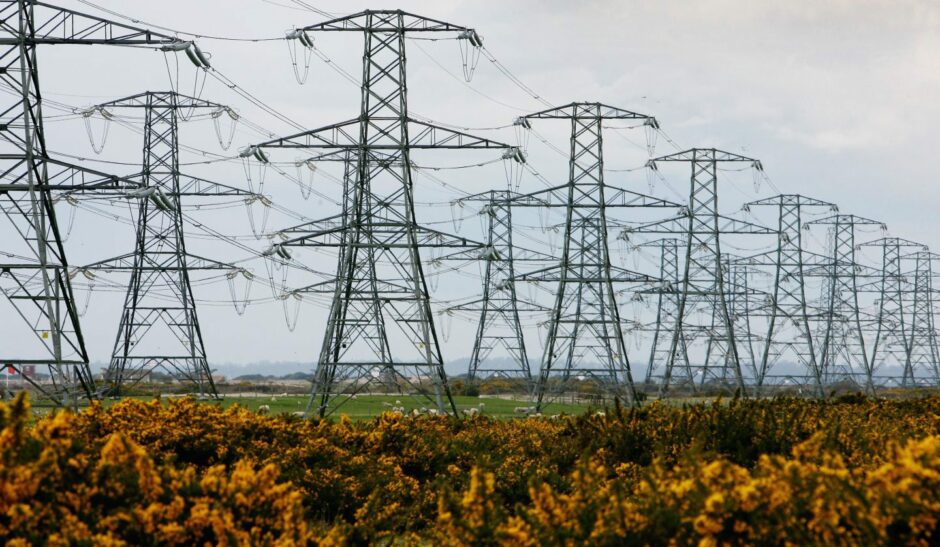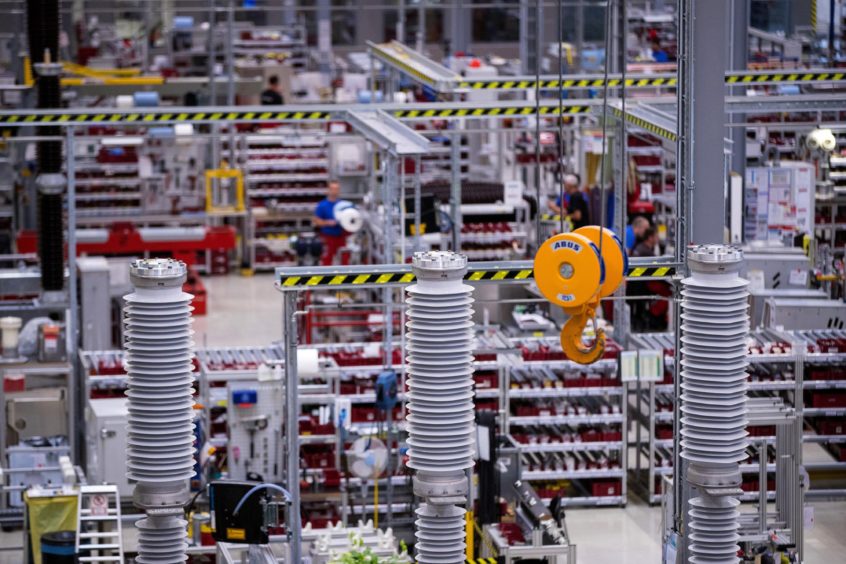
A project to replace the use of sulphur hexafluoride (SF6), one of the worst known greenhouse gases which is widely used across the UK’s electricity transmission network, has been launched.
Testing and certification specialist DNV will work alongside a range of partners including the National Grid (LON: NG) to manage a ground-breaking project to reduce SF6 emissions and facilitate the transition to SF6-free alternatives.
The synthetic gas is widely used to insulate live electrical parts, interrupt the flow of electrical current, and more generally connect the generation and storage of renewable energy.
However, while it offers benefits, SF6 is 23,500 times more effective at trapping infrared radiation than CO2. It also has an much longer atmospheric lifetime of 3,200 years, which means it can accumulate without degrading for millennia.
In November 2022, Energy Voice broke news of a significant SF6 escape from switchgear aboard a transformer platform associated with the £1billion Seagreen windfarm offshore Scotland’s Angus coast.
DNV and its industry partners aim to increase the understanding and handling of SF6 alternatives, develop new retrofill solutions for existing equipment, and develop energy-efficient disposal methods for SF6 once it is removed from assets.
The outcomes of the project hold relevance not only for the UK but also for other transmission system operators (TSOs) facing similar challenges globally.
It is also timely as SF6 will also be phased out in all new equipment for electrical transmission (switchgear) by 2032 in the EU.
National Grid Electricity Transmission (NGET), the University of Manchester, network operators Scottish Power and SSE (LON: SSE), German gas handling specialist DILO Armaturen und Anlagen and temperature measurement firm WIKA Instruments are also taking part in the project. The partners bring a combination of technical and economic perspectives to the project, covering the whole life cycle of SF6 emissions considerations.
DNV senior consultant and project lead Jack Thomas said: “This collaborative effort will deliver unique insights through the performance testing and demonstration of SF6-alternatives in service.
“By developing in-service knowledge of SF6-free alternatives and improving energy-efficient disposal methods, we are taking significant strides towards reducing SF6 emissions and supporting the UK’s clean energy transition.”
DNV regional director for the UK and Ireland, energy systems Hari Vamadevan said: “With its ambitious goals and multi-sector collaboration, it marks a vital step towards a greener and more sustainable future for the UK’s electricity transmission network.
“By tackling the challenges posed by SF6 and devising effective strategies, industry and business can work together and share knowledge to pave the way for a cleaner and more resilient energy landscape as the UK aims to meet net-zero.”
Recommended for you


 © PA
© PA